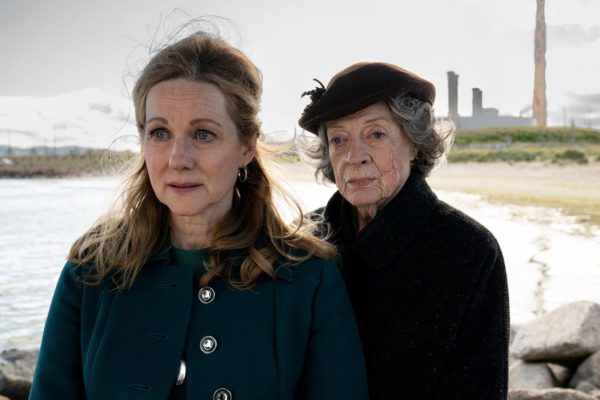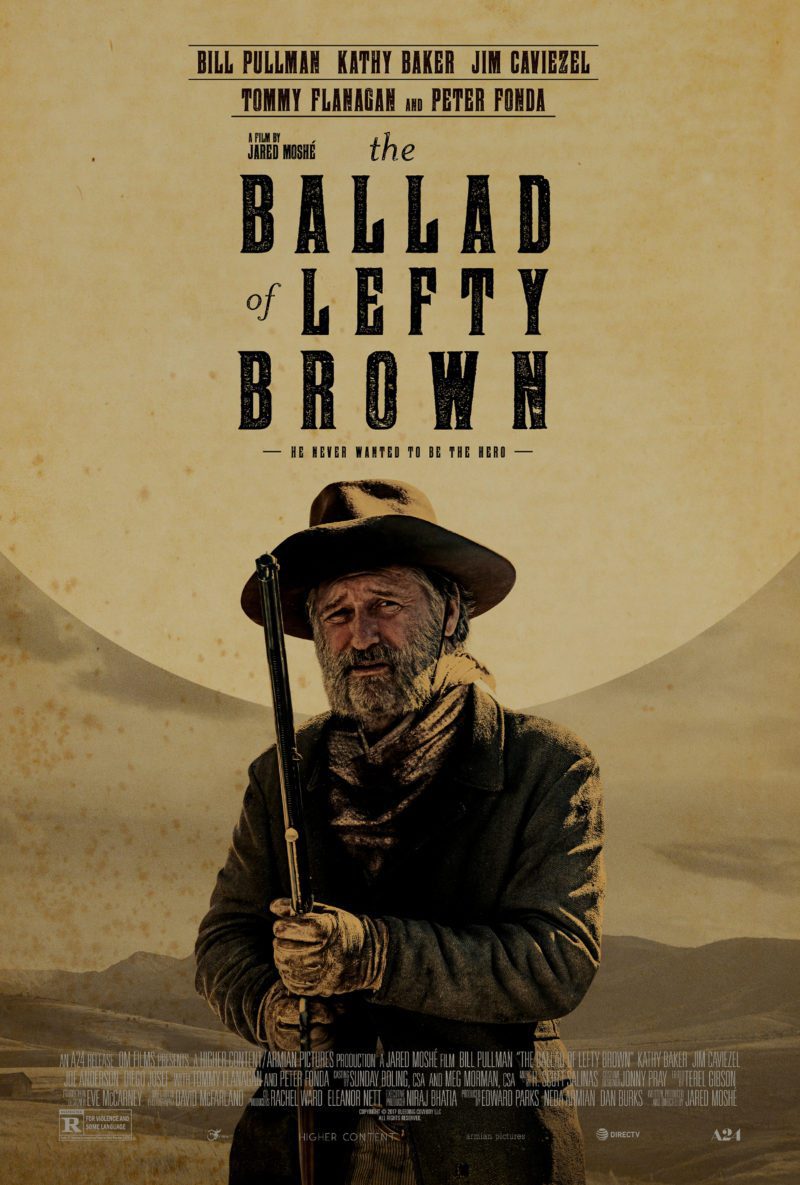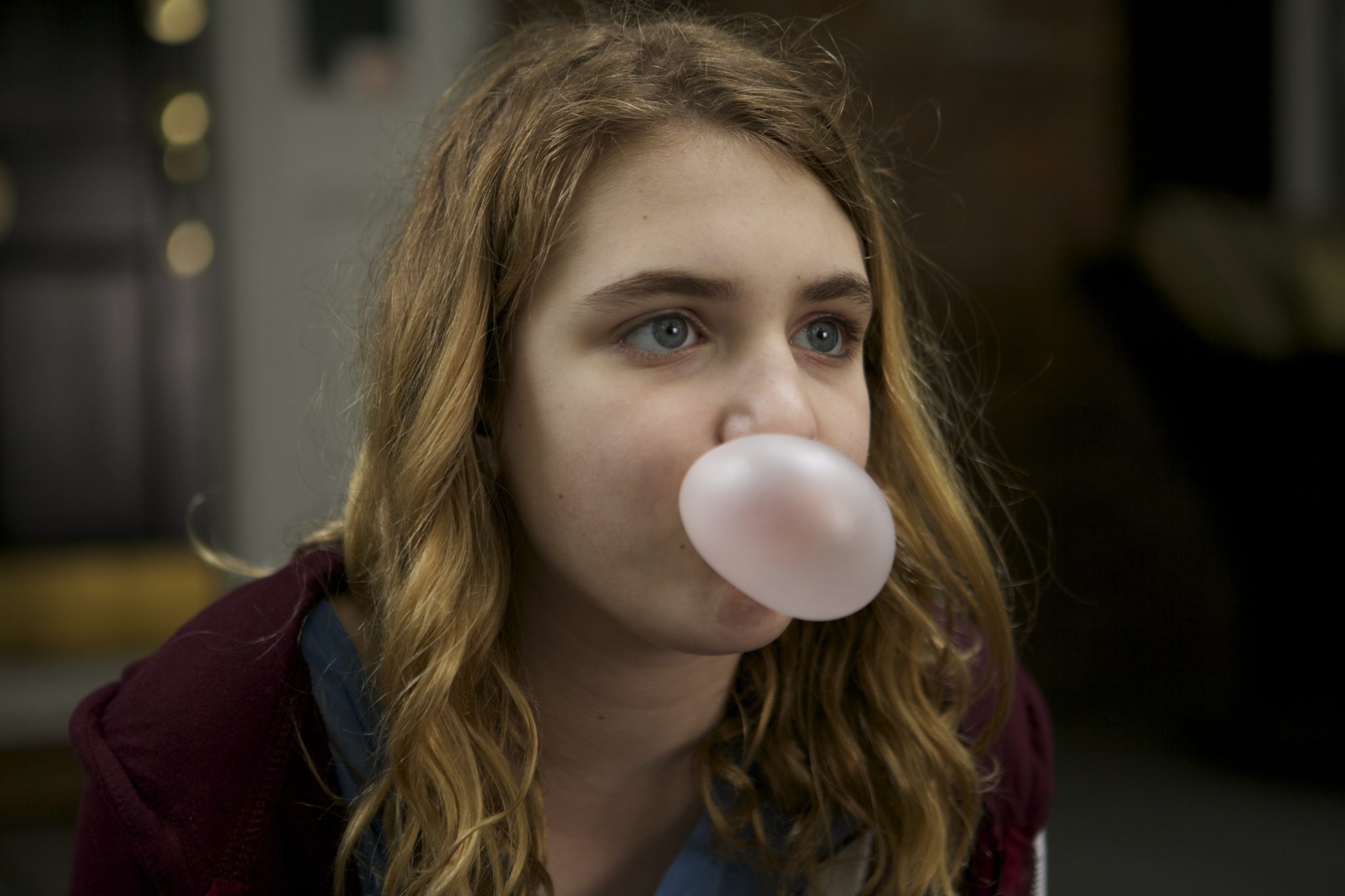
The Miracle Club: All I Need is a Miracle
Everyone is looking for a miracle but not everyone knows where to look. Set in the heart of Ireland in the 1960s, The Miracle Club tells the story of close friends Lily (Dame Maggie Smith), Eileen (Kathy Bates) and Dolly (Agnes O’Casey). Living in a working-class town, these women are excited to embark on a journey to…



